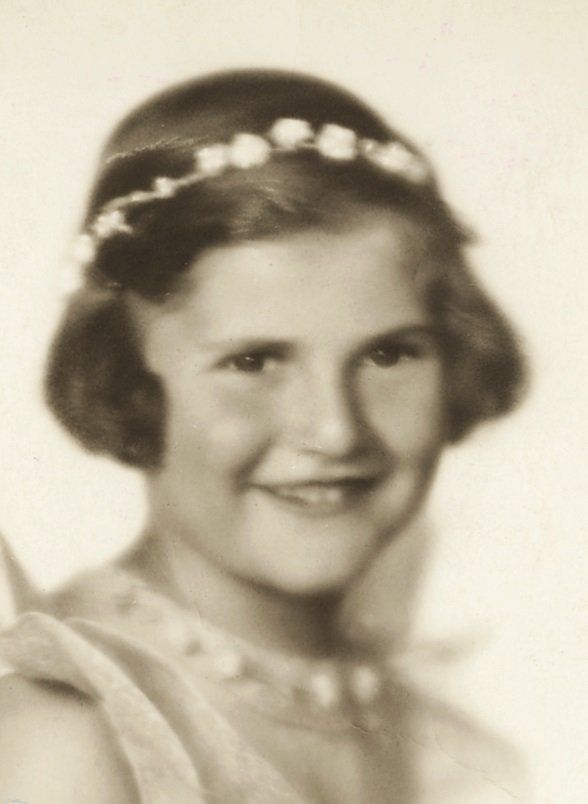Evelina Merová
Vita on one page/ Lebenslauf auf einer Seite
Prague - Theresienstadt - Auschwitz-Birkenau - Leningrad
Information on Evelina's autobiography
Those who read the book or visited the exhibition about The Girls of Room 28
know: Evelina was born on 25 December 1930 in Prague to Ilse and Emil Landa. In July 1943 she was deported to the Ghetto and concentration-camp Theresienstadt. There she became part of the girls who lived in the Girls' Home L 410 in Room 28 until, in December 1943, she was deported to Auschwitz-Birkenau.
Her extraordinary experiences and fate is told in her autobiography which Edition Room 28
published in 2016. Book Rights in other languages are available through Edition Room 28.
For downlaoad. Page from the English Compendium
In Auschwitz-Birkenau Evelina (then called Eva) was quartered in the so-called Family-Camp Auschwitz-Birkenau and was a child of the Children's Block organized by Fredy Hirsch. She witnessed the fatal 8/9 March 1944, when Fredy Hirsch died and almost all the people deported from Theresienstadt in September 1943 were murdered in the gas-chambers, up to 4,000 people. Evelina survived Auschwitz-Birkenau and the concentration-camp Stutthof, the working-camps Dörbeck and Guttau. After having gone through terrible experiences she was liberated by the Russians in Guttau, now Poland.
Most biographies of survivors end their report with the liberation, not Evelina's. Her fate took an extraordinary twist, when, in a first-aid sanitary train of the Russians - they had found her severly injured - she encountered the military medical doctor Moisie Mer. Realizing that she had lost her entire family and was far away of home, Dr. Mer offered Evelina a new home in Leningrad. And so it happened.
On 1 September 1945 a totally new life began for the 14 years old Evelina - as an adoptive child of Dr. Mer and his wife in Leningrad, now Sankt Petersburg.
For Evelina her home-town Prague became the symbol for the good part of her childhood and a synonym for all she had lost and all she longed for over many years.
Evelina, aged 89, is now living in Prague again.
Friedl Dicker allowed us to play with colours, engage in a flight of fancy, abandon stereotypes and, in opur minds, for some moments, the boundaries of the ghetto too.
Image: ©Jewish Museum in Prague /Evelina Merová
Image: ©Jewish Museum in Prague /Evelina Merová
8/9 May 1945. From Evelina's recollections
Facebook-post, 8 May 2020
In the night from 8 /9 May 1945 I suddenly heard loud music and singing. The whole hospital, the whole city (Sysran, Russian: Сы́зрань) was celebrating. The end of the war has come. Everyone seemed to be happy. But I could not feel any joy. It was as if a veil of darkness descended covering my past, and also my future.
People often ask me, how it was, when the war came to an end? Whether I was glad, happy? What could, what should I answer? I have imagined the end of the war in such a different way!Evelina has lost all her family - parents, older sister Lisa and brother-in-law with their child and her grandparents. In April 1945, in a military hospital in Sysran, she slowly recovered from severe injuries.Then she complied to the wish and offer of the Russian military doctor Moisei Mer and left Sysran for Leningrad, where a totally new life began for her, with a new name, new parents, as an adopted child from Prague who had survived the Holocaust. Evelina lives, aged 89, in Prague..
Special honors
On 23 May 2018 Evelina Merová was awarded by Federal Cross of Merit by the German Republic during a special event in the German Embassy in Prague. More information: here.



